Introduction: Why Gut Health Matters
Your gut is more than just a food-processing machine—it’s a powerhouse of overall wellness. The human gut is home to trillions of bacteria, collectively called the microbiome, that influence everything from digestion and immunity to mood and skin health.
Poor gut health can lead to bloating, gas, constipation, and more serious issues like leaky gut syndrome or chronic inflammation. Thankfully, improving digestion doesn’t require expensive treatments or extreme diets. It starts with natural, practical steps that support your body’s innate processes.
In this guide, we’ll explore how to improve your digestion naturally with powerful tools like probiotics, dietary fiber, hydration, and fermented foods—all backed by science and easily accessible in your daily routine.
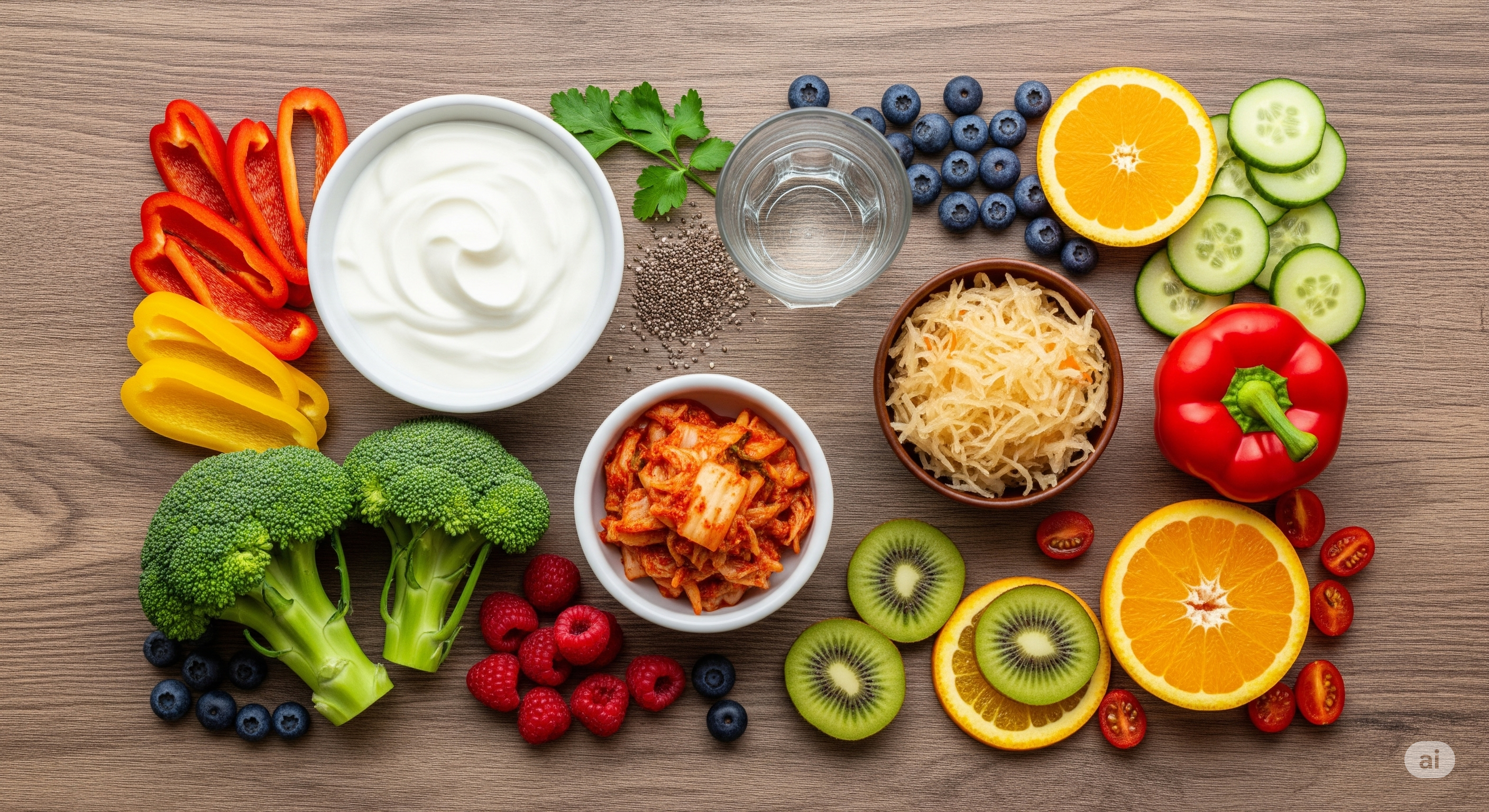
What Is Gut Health?
Gut health refers to the function and balance of bacteria in the gastrointestinal (GI) tract. A healthy gut efficiently digests food, absorbs nutrients, and eliminates waste—all while maintaining a diverse and stable microbiome.
Signs of a healthy gut include:
- Regular bowel movements
- Minimal bloating or gas
- Strong immunity
- Balanced mood and energy
- Clear skin
On the flip side, poor gut health can manifest as:
- Constipation or diarrhea
- Bloating and indigestion
- Food intolerances
- Frequent illness
- Chronic fatigue or brain fog
Improving your digestion starts by nourishing the beneficial microbes in your gut and reducing the harmful ones.
The Role of Probiotics
What Are Probiotics?
Probiotics are live bacteria and yeasts that are good for your health, especially your digestive system. They help maintain the natural balance of organisms (microflora) in your intestines.
The most well-known probiotics include:
- Lactobacillus
- Bifidobacterium
- Saccharomyces boulardii
These friendly bacteria crowd out harmful bacteria, strengthen the intestinal lining, and support immune function.
Best Natural Sources of Probiotics:
- Yogurt (with live cultures)
- Kefir
- Kimchi
- Sauerkraut
- Tempeh
- Miso
- Kombucha
✅ Actionable Tip: Include a small serving of fermented food with one meal each day to replenish your gut with healthy bacteria.
Should You Take Probiotic Supplements?
While whole food sources are preferable, supplements can help after antibiotic use or if you’re dealing with specific digestive conditions. Choose a multi-strain probiotic with at least 5 to 10 billion CFUs and consult your healthcare provider.
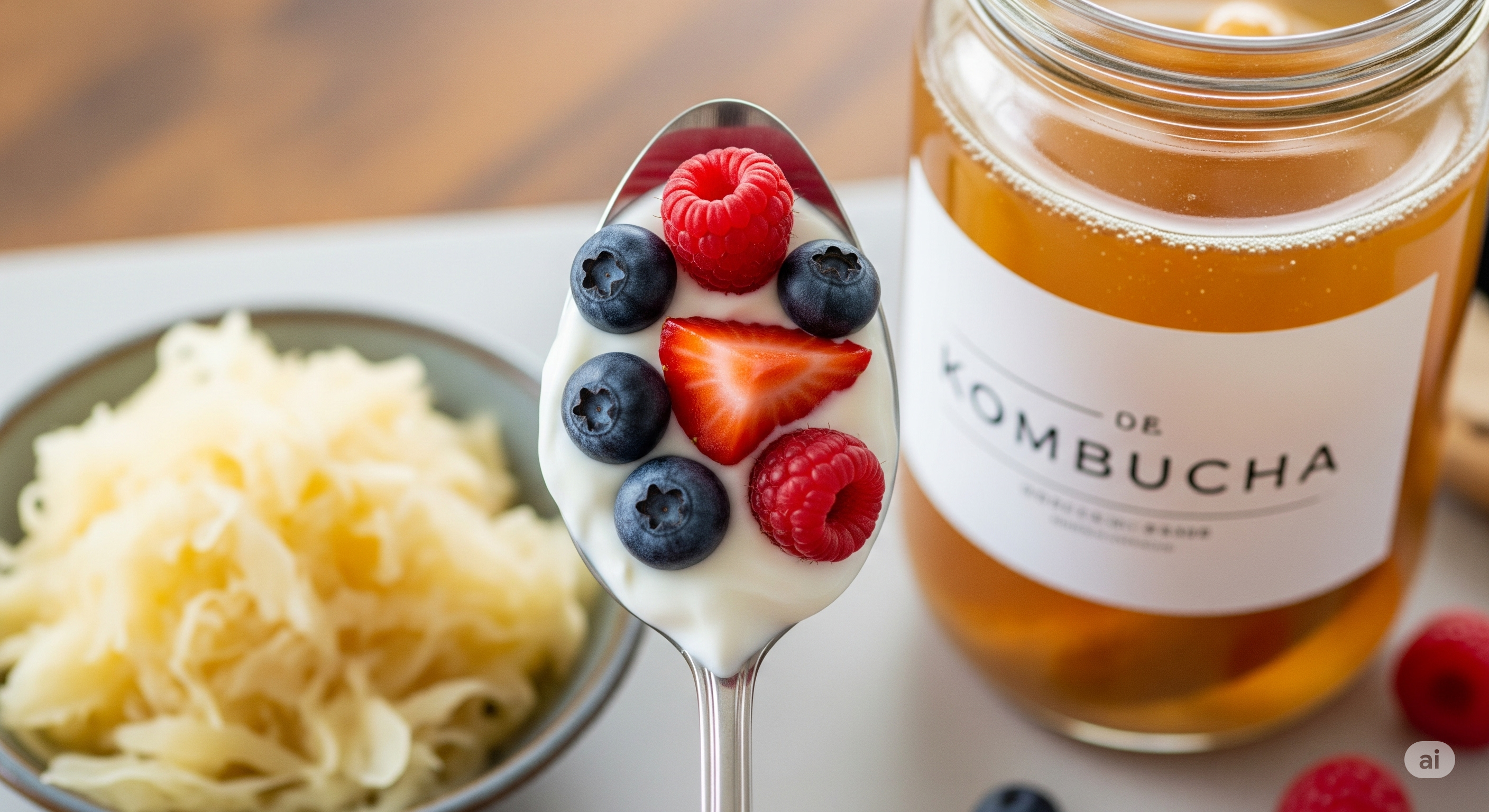
The Power of Dietary Fiber
Why Fiber Is Crucial for Digestion
Fiber acts like a broom for your digestive tract—it keeps everything moving and feeds your good gut bacteria. There are two main types:
- Soluble Fiber: Dissolves in water and slows digestion. Found in oats, chia seeds, apples, and beans.
- Insoluble Fiber: Adds bulk to stool and helps food pass more quickly. Found in whole grains, nuts, and vegetables.
Fiber also:
- Prevents constipation
- Regulates blood sugar
- Reduces cholesterol
- Promotes a healthy weight
Recommended Daily Fiber Intake:
- Women: 25 grams
- Men: 38 grams
✅ Actionable Tip: Add one extra fruit or vegetable to every meal, and switch to whole grains like brown rice or whole-wheat bread.
High-Fiber Gut-Friendly Foods:
- Lentils, chickpeas, black beans
- Apples, pears (with skin)
- Broccoli, spinach, kale
- Chia seeds, flaxseeds
- Oats, quinoa
Hydration: The Forgotten Gut Ally
Water plays a critical role in digestion. It helps break down food, dissolve nutrients, and move waste through the intestines.
Signs You May Be Dehydrated:
- Dry mouth
- Fatigue
- Constipation
- Headaches
- Dizziness
How Much Water Do You Need?
The general guideline is 8-10 glasses per day, but this varies depending on your activity level, climate, and diet.
✅ Actionable Tip: Start your morning with a glass of warm lemon water to wake up your digestive system and stimulate bowel movements.
Hydration-Boosting Foods:
- Cucumbers
- Watermelon
- Celery
- Strawberries
- Lettuce

Fermented Foods: Nature’s Digestive Superstars
Fermented foods are created through the natural process of lacto-fermentation, where beneficial bacteria break down sugars and starches. This not only preserves the food but boosts its nutrient availability and probiotic content.
Benefits of Fermented Foods:
- Enrich gut flora
- Improve nutrient absorption
- Support immune health
- Reduce inflammation
- Aid in lactose digestion
Popular Fermented Foods to Try:
- Kimchi: Spicy Korean fermented cabbage
- Sauerkraut: Fermented shredded cabbage
- Miso: Fermented soybean paste used in Japanese soups
- Kefir: A tangy yogurt-like drink
- Tempeh: Fermented soy protein rich in fiber and probiotics
✅ Actionable Tip: Introduce fermented foods gradually to avoid gas or bloating and allow your gut time to adjust.
Lifestyle Habits That Support Gut Health
1. Eat Mindfully
Chew your food slowly and avoid distractions like screens during meals. Digestion starts in the mouth with saliva enzymes.
2. Manage Stress
Chronic stress disrupts the gut-brain axis and harms your microbiome. Try deep breathing, yoga, journaling, or meditation.
3. Exercise Regularly
Movement helps keep your digestive system functioning smoothly. Even light walking after meals improves digestion.
4. Avoid Overuse of Antibiotics
Only use antibiotics when prescribed, as they kill both good and bad bacteria, leading to gut imbalances.
5. Limit Artificial Sweeteners
Sugar substitutes like aspartame can negatively affect gut bacteria and lead to digestive discomfort.
6. Get Enough Sleep
Poor sleep can disrupt the microbial balance. Aim for 7–9 hours of quality sleep each night.

Gut Health FAQs
Q: How quickly can I improve my gut health?
A: Some improvements, like reduced bloating or better regularity, may happen in days or weeks. Microbiome diversity takes longer—often a few months of consistent healthy habits.
Q: Can poor gut health affect my mood?
A: Yes! The gut produces about 90% of the body’s serotonin. An unhealthy gut can lead to mood swings, anxiety, and depression.
Q: Are all fermented foods probiotic?
A: Not always. To get probiotic benefits, choose unpasteurized and refrigerated products labeled with “live cultures.”
Final Thoughts: Your Gut, Your Guide to Wellness
Your digestive health is deeply connected to your overall well-being. By nourishing your gut with fiber, hydration, probiotics, and fermented foods, you’re not only improving digestion but enhancing immunity, energy, and even mental health.
And the best part? These are simple, natural strategies you can start today—without drastic changes or expensive supplements.
Remember: a healthy gut is a happy gut. Begin small, stay consistent, and listen to your body.
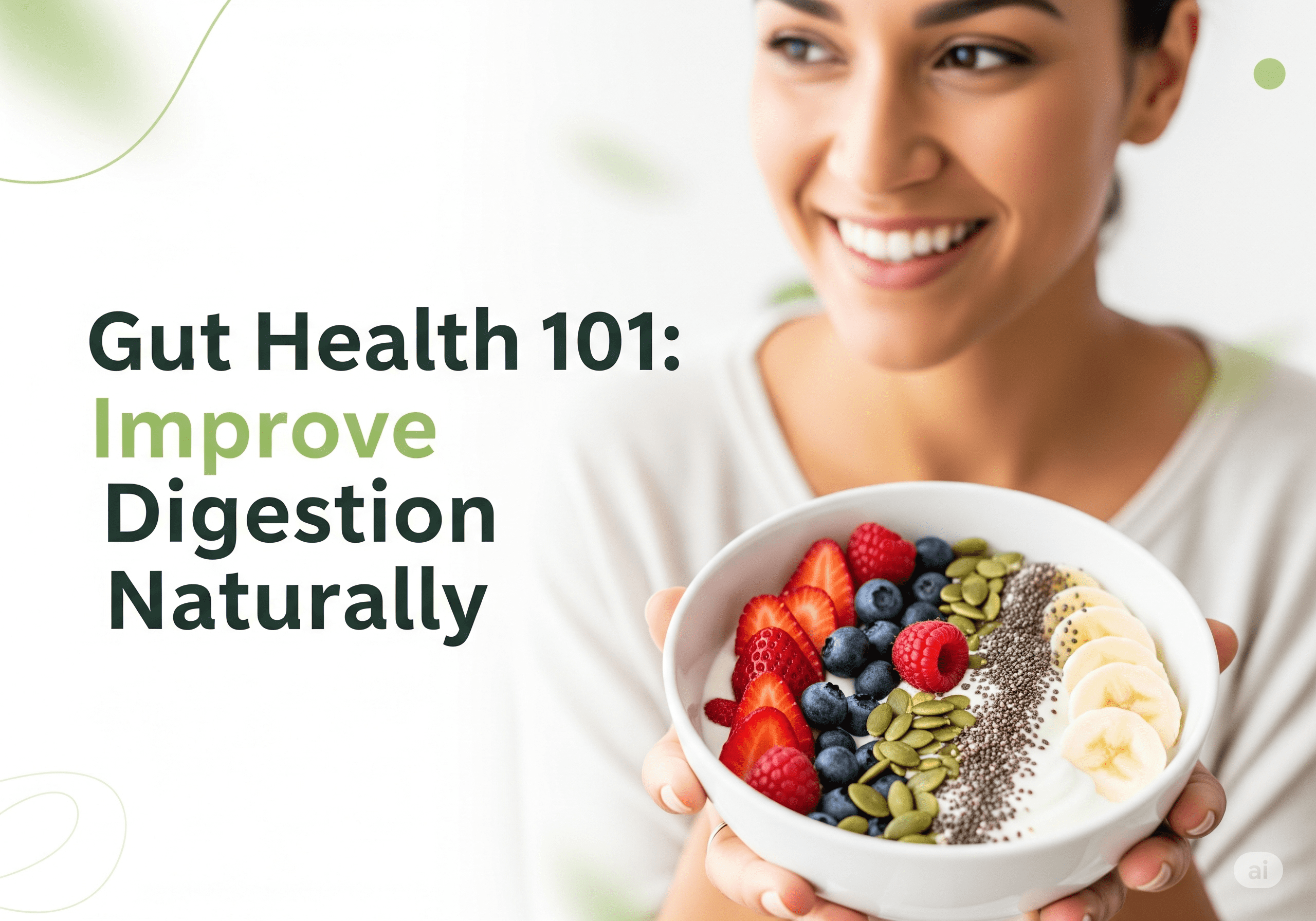

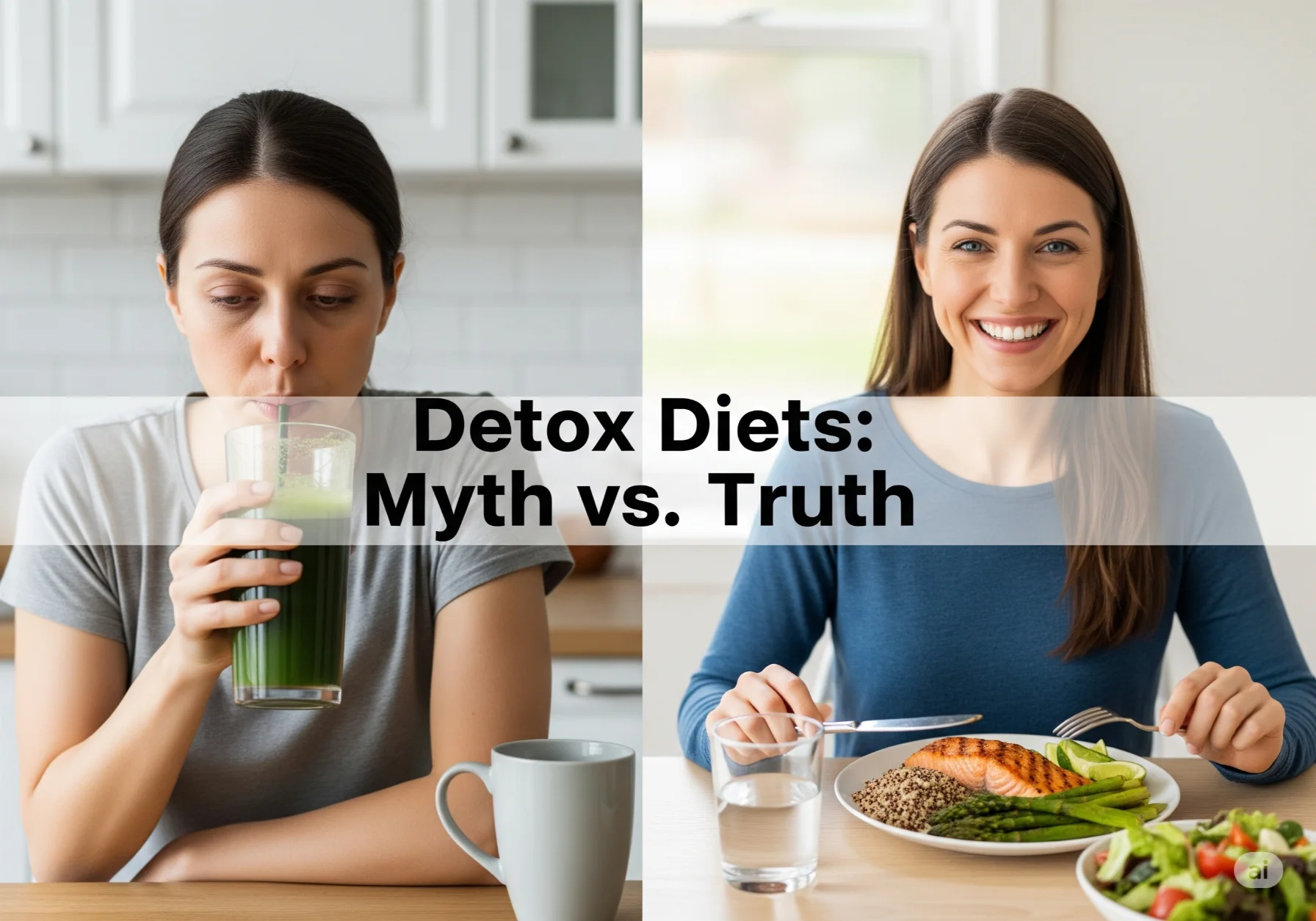

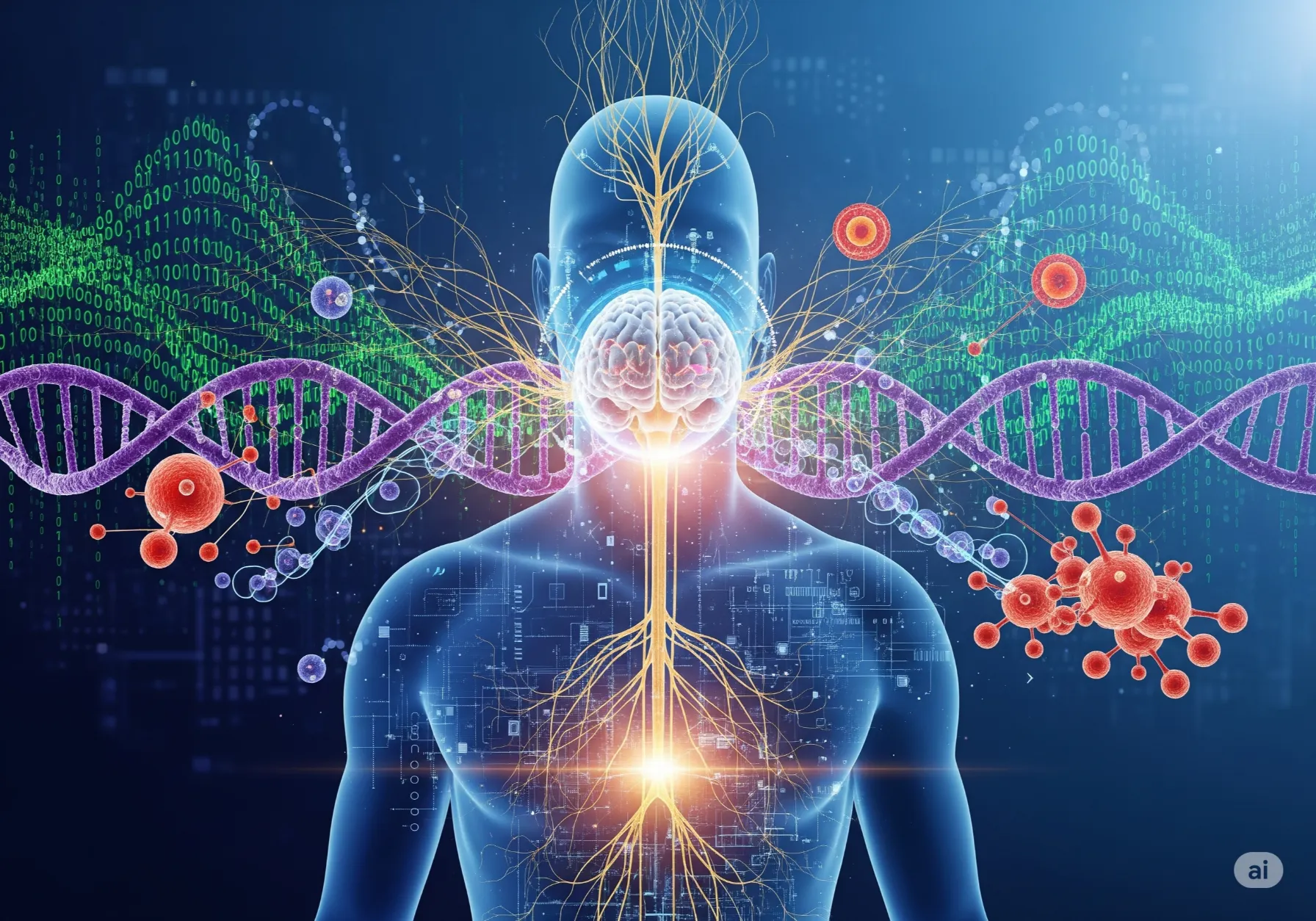



Leave a Reply